History of Perfume
The uses of perfumes have been around for thousands of years throughout history across all cultures including Romans, Arabs, Persians, and Asians. Perfumes were used for religious rituals, social ceremonies, and also as a symbol of aristocracy.
In this article, we’ll have a look at the history of perfume in ancient civilizations and cultures along with its early uses. So, let’s dig deeper.
Table of contents
-
Perfume history across the world
-
Mesopotamia: when was perfume invented?
-
Perfume history in ancient Asian cultures
-
Perfume history in ancient Rome
-
Perfume history in Islamic cultures
-
Perfume history in Medieval Europe
-
Perfumes in the modern age
Perfume history across the world
Different cultures around the world prepared and used perfumes in many different interesting ways throughout history. In the early days, perfumes were expensive in most cultures and were mainly used by the upper classes to distinguish their nobility. Perfume originated from Western Asia and was further refined by the Arabs, Persians, and Romans and eventually reached the West.
Mesopotamia: when was perfume invented?
During the age of ancient Babylonian civilization, a woman overseer of the Mesopotamian Royal Palace named Tapputi first invented the technique of making perfumes. She is recognized as the world’s first recorded perfume maker as well as the first chemist. Her stories of making perfumes have been discovered on a clay tablet which is assumed to have existed since 1200 BCE.
Perfume history in ancient Asian cultures
The history of scent is closely linked to Asian cultures particularly ancient Indian and Chinese cultures since the age of Indus civilization.
Distillation of Attar, also known as ittar or ottar, was mentioned in some of the oldest texts of Indian traditional medicine (Ayurveda) such as Sushruta Samhita and Charaka Samhita. The practice of manufacturing perfumes was mainly focused to benefit royal personages in those days.
With the rise of the Mughal empire, Muslim emperors significantly improved the process of making attars and encouraged people for growing natural ingredients that were required in natural perfumery. They continued to use attar in their religious practice as well as in daily life.
In ancient China, people used to scent their places of worship and homes since they believed perfumes could enhance their purity and could help protect themselves from disease.
A study published in 2010 concluded that in Chinese ancient times particularly before the age of Yuan, Ming, and Qing Dynasty, fragrances focused heavily on spices, and the uses of fragrant spices were limited within noble people such as royal, literati, and officials. They used the spices to purify rooms, incense clothes, treat, and prevent epidemic diseases in daily life.
Perfume history in ancient Rome
The ancient Roman culture has historically been intertwined with the usage of perfumes. The most prevalent documents were found in the book “Naturalis Historia” which was written by Pliny the Elder who was an army commander of the early Roman Empire during the period of emperor Vespasian.
The ancient Romans extensively used Myrrh and Frankincense for making perfumes, oils, and balms for hair and skin. They also used tons of fragrances to scent bathing water in their public bathhouses.

Wall Fragment with Cupids and Psyche Making Perfume, Roman, A.D. 75–100. Plaster and pigment, 14 15/16 x 22 1/16 in.
Perfume history in Islamic cultures
Islamic cultures played a great role in the development of perfumes as well as perfumery. Muslims of Middle Eastern countries especially Egypt, Persia (now Iran), and the Arabian Peninsula significantly contributed to the improvement of natural perfumes and the uses of natural essences in medicines.
Attars, natural perfumes without alcohol, were an important part of religious practice in Islam since the last Prophet Muhammad (Peace Be Upon Him) encouraged the usage of scents as far back as the 6th century. In addition, perfume is also mentioned in several places in the holy scripture of Muslims, the Quran. (See also The Art of Perfumery – History and spirituality)
People of Islamic countries such as Persians and Arabs were mostly traders and they had greater access to a wide range of precious woods, herbs, spices, resins, and animal fragrance substances like ambergris and musk. Besides, many flowers and herbs such as Jasmine and Rose were endemic to the Middle East and are key ingredients in modern perfumery to this day.
The famous Arab philosopher and physician Al- Kindi (c. 801 to 873), also known as the “father of Arab Philosophy”, composed a book named “Book of the Chemistry of Perfume and Distillations” in which he mentioned more than one hundred recipes and methods for making perfumes, fragrant oils, salves, and aromatic oils and even the groundbreaking perfume-making equipment such as the alembic that still today bears its glory.
A Persian Muslim chemist and physician Abu Ali Ibn Sina, popularly known as Avicenna in the West, first invented the method for extracting oils from natural sources such as flowers through distillation which is still today the most commonly used method of extraction. He introduced rose water and prepared more than 60 medicines that are related to the heart and mind using rose essences.
Perfume history in Medieval Europe
During the 11th and 12th centuries, Arabian perfumes reached Europe via Al-Andalus (Muslim-ruled Spain) in the West, and returning crusaders, on the other hand, brought floral perfumes along with distillation techniques back to Europe from Arabia through trade with Muslim regions.
The perfume industry in Europe was first initiated by Catharina de Medici in the 16th century when she left Italy and arrived in France to marry King Henry II who was the crown prince during that period.
Perfumes in the modern age
Today’s perfume industry is huge, making perfumes accessible to everyone. Synthetic perfume ingredients are extensively made in labs and used in mass-produced perfumes even though some of them have been described to be highly harmful to humans as well as other animals and the environment. Therefore, many people are turning to natural perfumes due to their better safety profile.
Rather, natural perfumes have incredible healing properties, which is why they are used to treat, manage, and prevent a wide range of physical and mental health conditions.
Moreover, if you want to compose your “Scent of the Soul” that’s completely your bespoke, there are hundreds of herbs, spices, and natural essences to choose from to tailor your own unique personalized custom perfume.
This way you can wear your unique signature scent that no one else can wear but you and it’s obviously a feeling of nobility in the modern age that’s now accessible to everyone.

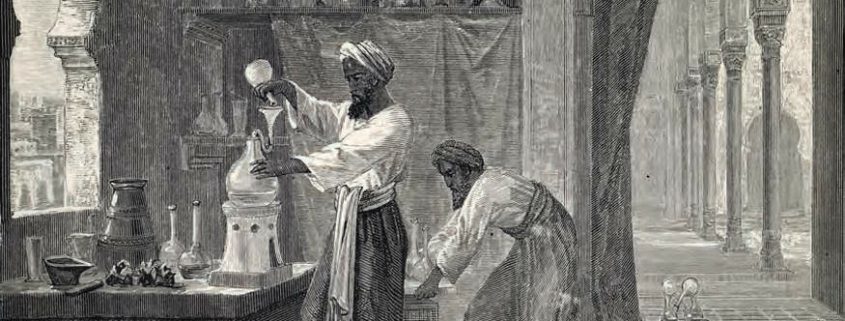

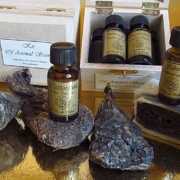
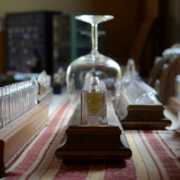
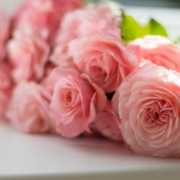
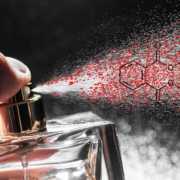
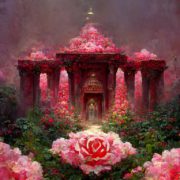
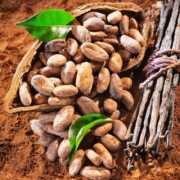

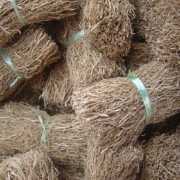













Leave a Reply
Want to join the discussion?Feel free to contribute!